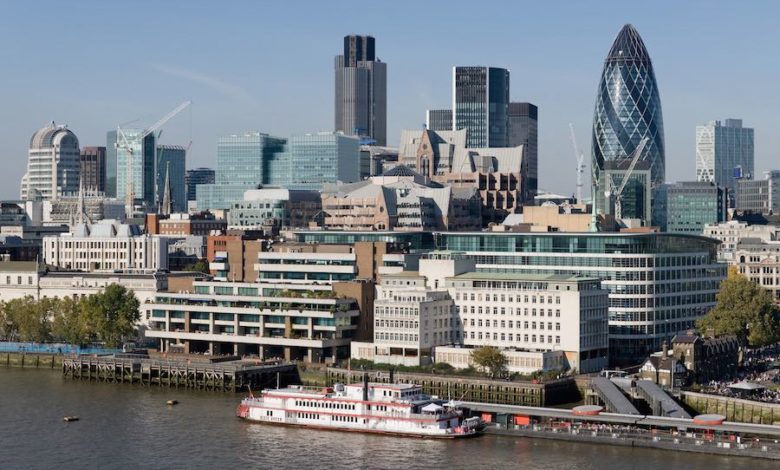RBS quitting leaves huge hole in London’s shipping claims

Back in the late 1970s and the early ‘80s as CFO at Klaveness I was a very, very regular visitor to London. Back then, the UK capital could claim to be perhaps the most important ship finance in the world. How times have changed.
With London International Shipping Week upon us, the proponents of the city as a leading international maritime centre have been dealt a hammer blow with Royal Bank of Scotland’s (RBS) decision to pull out of ship finance. The association of RBS with maritime finance goes back to the 18th century. The cluster has lost a lost a key part of its attraction.
The fact is that London is completely disappearing from traditional ship finance. Basic financing over the past seven years has been in export finance on newbuildings, with far less need to offer S&P finance.
Lloyds Bank is also exiting the scene, joining a long list including RBS, Bank of Scotland, HSBC and its predecessor Midland. There are now very few indigenous traditional lenders left in London. Sure, there’s a number of branches of foreign banks – the likes of DNB and Deutsche Bank spring readily to mind.
London’s cluster as a whole is not what it was. Yes, there’s still plenty of maritime lawyers, insurance people and brokers still around, but not as many as during the heydays of the London Greek owners.
Nowadays, there are very few owners who call London home especially after the recent decision of the UK government to change the regime for ‘non dom’ residents from April 2017 onwards, a ruling that affects business people living in the UK for the last 15 years. Also the law will change for property owned by offshore companies. Inheritance tax will have to be paid, something that will hit Russian and Chinese residents in particular. They can keep their properties by limiting the number of days they are in the UK. They today pay taxes on income earned in the UK, but not for business carried out outside the country. From now on, if someone resides in the UK they will have to pay taxes for their worldwide income and pay an annual fee of £30,000 to £90,000 depending on how many years they have been UK residents.
The Baltic Exchange has repeatedly warned that these changes in the legal system will destroy the shipowning part of the City.
The demise of RBS clearly drops London down the rankings. In terms of the capital market, New York, Oslo and latterly Singapore are all more important than the British capital these days.
In terms of traditional bank lending I’d place London in fifth spot in the global rankings these days. Oslo, home to DNB, Nordea et al, is out in front, followed by New York then Singapore and Hamburg.
London does however remain strong for private equity firms and hedge funds although shipping for them is a small activity in the big picture.
On a related note, RBS’s decision to quit ship finance will be felt most keenly in Greece where the bank has a $5bn exposure. However there are many banks that will be willing to step in and fill the gap. This gap, however, will not be fully filled leaving other avenues such as credit export financings, private equity and a few marginal players to come into the Greek market more.

Bottom line is that in any usual economic climate RBS went bust anyway. Shipping hasn’t had the same UK Gov’t support and probably not in many other countries either.
Still getting their bonuses though…….